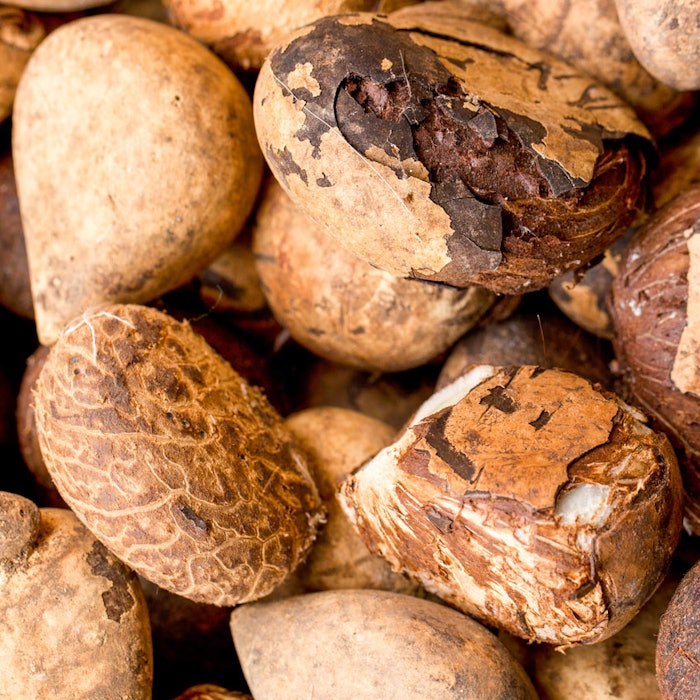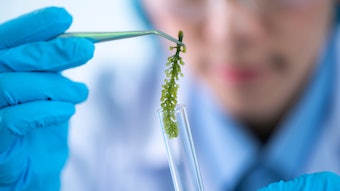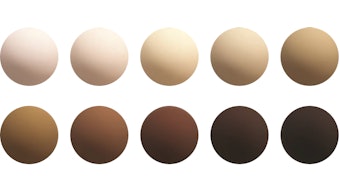
As is well-known, particles from plants, minerals or microplastics are used as exfoliating agents in various personal care products. However, stones or pits from apricots, almonds, walnuts, cherries, etc., are typically dark in color, which can be aesthetically unappealing. They are also often highly abrasive.
Log in to view the full article
As is well-known, particles from plants, minerals or microplastics are used as exfoliating agents in various personal care products. However, stones or pits from apricots, almonds, walnuts, cherries, etc., are typically dark in color, which can be aesthetically unappealing. They are also often highly abrasive.
Mineral particles such as pumice, sand (silica), talc, titanium dioxide and other minerals often are white in color, but again, can be too abrasive for exfoliating purposes. They tend to have a higher density as well, which requires adapting formulas in order to keep the particles suspended.
Microplastics have been used, too, but have, in recent years, raised environmental concerns. Therefore, according to inventors from EPC Natural Products Co., materials are needed that overcome these drawbacks. This patent application proposes ivory nut powder and its mannan, which can not only replace microbeads and other abrasive materials, but serve as an additive for talc.
Ivory nut powder and mannan
U.S. Patent Application 20180140536
Publication date: May 24, 2018
Assignee: EPC Natural Products Co., Ltd.
Commonly known as ivory palm, ivory nut palm or tagua palm, Phytelephas, or “plant elephant,” refers to the hard, white endosperm of the plant's seeds, which resemble elephant ivory. These inventors found that the ivory nut powder and its mannan—i.e., the extract or hydrolysis produce from ivory nut, in fine particulate form, can be used as a cosmetic exfoliating composition as well as in toothpastes, body washes, creams and lotions, sunscreens, makeup, baby powders, food, feed, pharmaceuticals, etc.
Alternatively, the particulates can be used as suspending agents, viscosity-increasing agents, etc. The oil-absorption value of the mannan also was found to be nearly identical with both talc and cornstarch. It would therefore be possible to blend mannan with talc or cornstarch without losing oil absorption capabilities.
Finally, the inventors note that the tagua nuts are sustainably sourced and provide a way to protect endangered rainforests. The seeds are collected or hand-picked from the ground after falling from the trees, once fully matured and hardened. Therefore, the trees are not touched or harmed in any way and harvesting the nuts helps to protect endangered rainforests, supporting the local economy and creating jobs.










